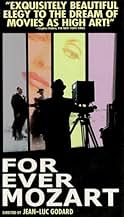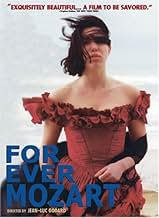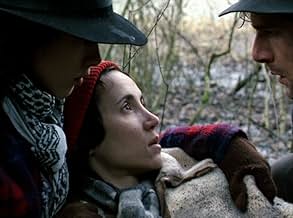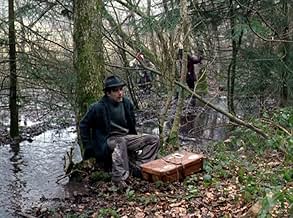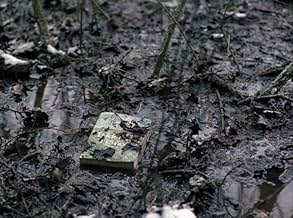Aggiungi una trama nella tua linguaJean-Luc Godard's densely packed rumination on the need to create order and beauty in a world ruled by chaos is divided into four distinct but tangentially related stories, including the att... Leggi tuttoJean-Luc Godard's densely packed rumination on the need to create order and beauty in a world ruled by chaos is divided into four distinct but tangentially related stories, including the attempts by a young group of idealists to stage a play in war-torn Sarajevo and an elderly di... Leggi tuttoJean-Luc Godard's densely packed rumination on the need to create order and beauty in a world ruled by chaos is divided into four distinct but tangentially related stories, including the attempts by a young group of idealists to stage a play in war-torn Sarajevo and an elderly director's efforts to complete his film.



